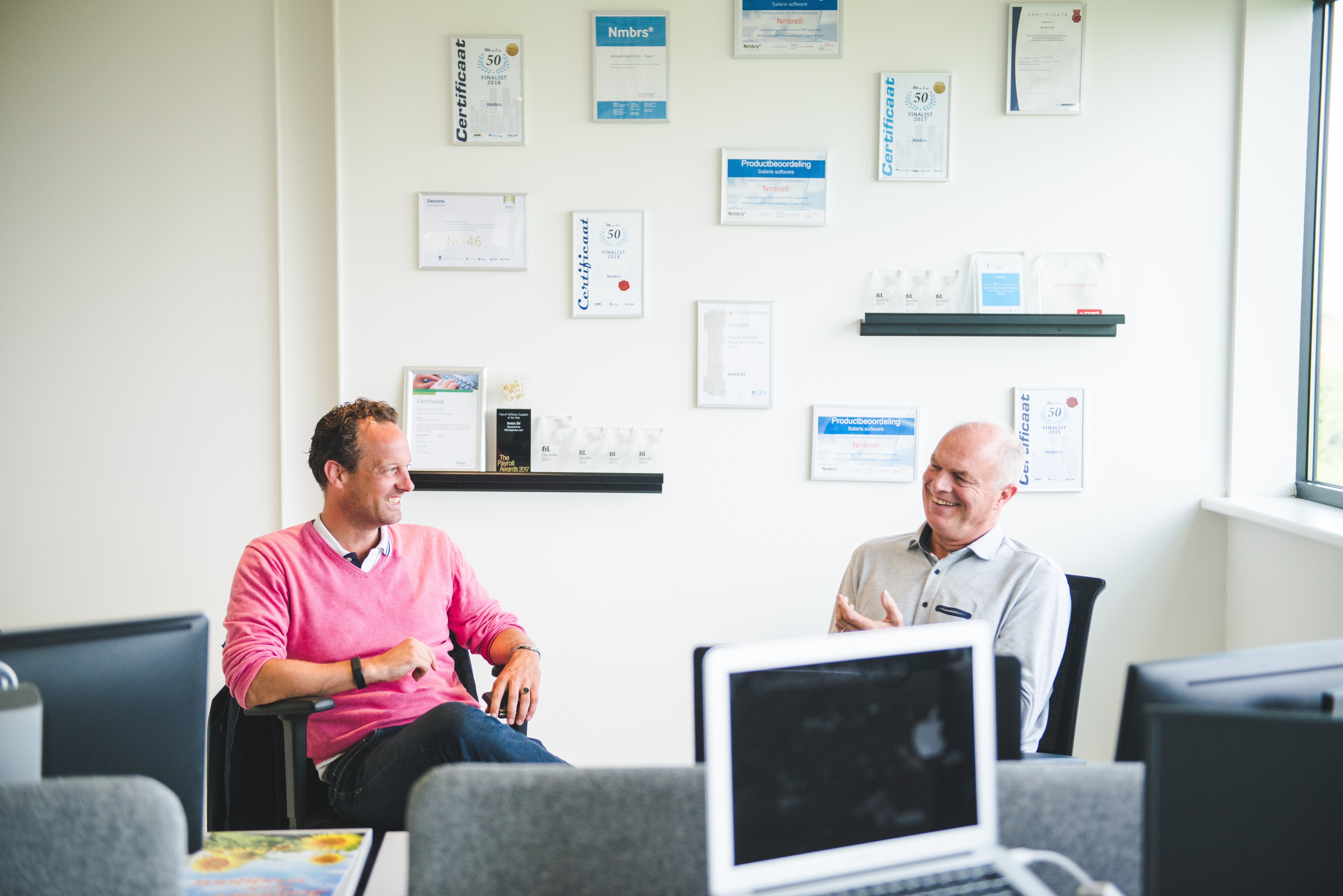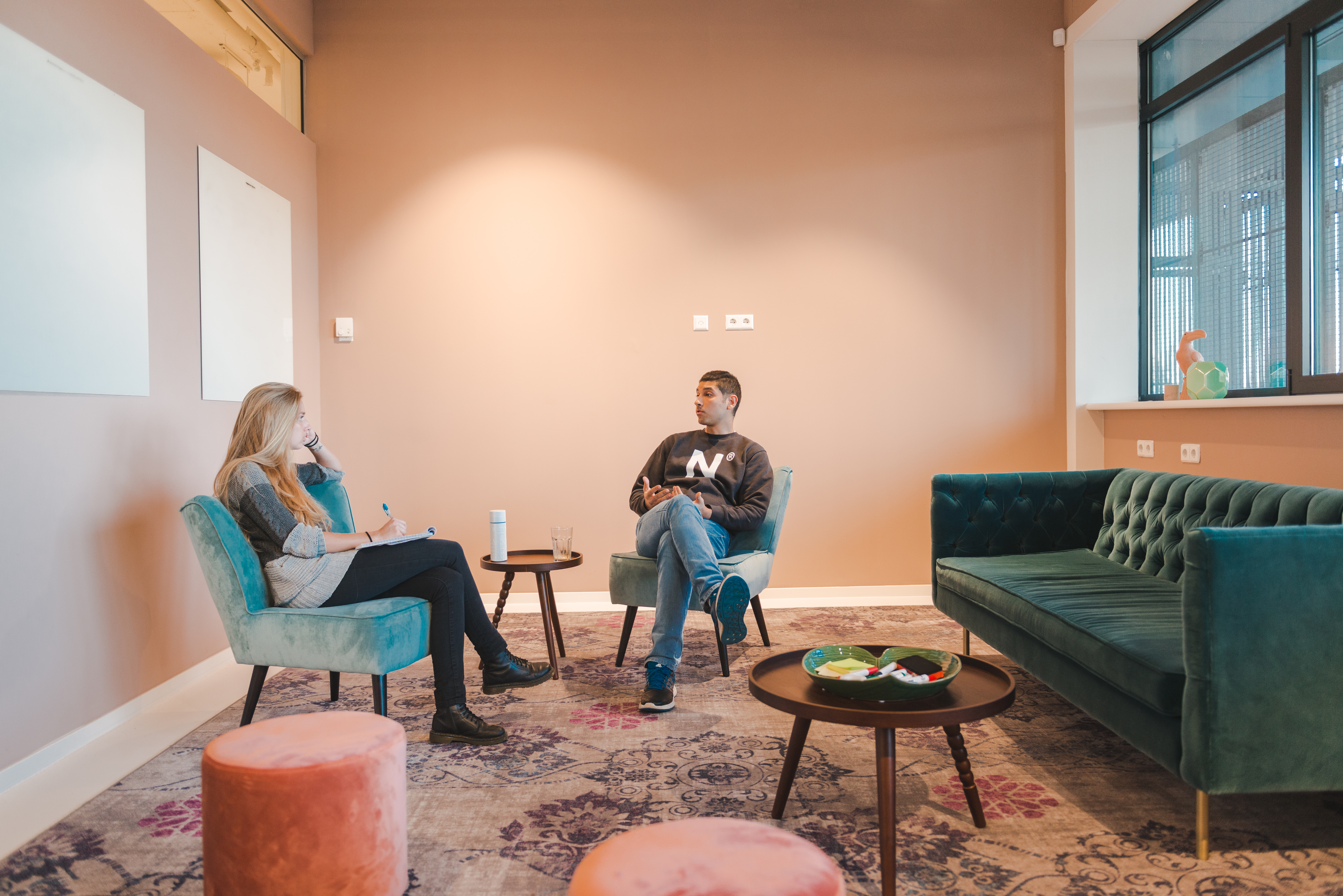Sweden is generally perceived as a nation at the forefront of technological development with Stockholm being ranked as the startup capital of Europe, and even called the “Unicorn Factory” because of all the billion dollar companies that have their origins there. With this in mind, one would probably assume that a majority of Swedish companies also would have adopted technologically advanced HR systems. Think again. A study by Sympa reveals that the adoption rates of HR systems within Swedish companies in fact are surprisingly low (62,2 %). This appears to be a shared challenge in the Nordics with Sweden finishing last on almost every single area covered by the study.
How is this possible in such a technologically advanced and tech friendly nation? It turns out that although the Nordic people are similar to each other in many regards, we do and think about HR different ways. As an example, Swedes and Finns focus on engaging employees by investing in competence and performance development while Danes focus more on employee satisfaction and successful recruiting. There are also other things that we do different from each other. Below are the two main takeaways from the survey.
1) According to the study, the most obvious development area was quality of supervision: tools and processes that better support supervision are very much in demand. Almost every respondent was unsatisfied with the quality of supervision and provision of feedback within their organisation. Of course, this should never be the case. At Nmbrs we believe that the employees are an organisation’s most important asset, which is why we have created our own onboarding best practices. In fact, every employee at Nmbrs is assigned a mentor, a coach and a scrum master for both their professional and personal development. The coaches offer a listening ear and help you to find the right path. Anything from professional struggles to things in their personal lives can be discussed. This greatly improves employee happiness, retention and development. If you want to know more about this approach, both the benefits and the struggles, then head on over to this document where we bring you up to speed.
2) The second most important development area is the modernisation of HR analytics. For HR, business-critical analytics still means basic reports that are looking in the rear-view mirror. In the majority of organisations, real-time analytics, and especially predictive analytics, are in their infancy. In order to change the status quo, HR system vendors need to prove the potential of analytics in data-driven decision-making. At the moment, analytics seems to be too far removed from the everyday work of HR and are only used by a few HR pioneers. At Nmbrs we believe in using technology to our advantage. This means that we have made it possible to automise many parts of your daily work, so you can focus on what’s really important. The people that make your company great. A happy employee ensures a happy customer after all. Are you interested in reading more about how you can HR automise you organisation? Great, we have a white paper on the subject. Click here to get your copy.
I know, there’s been a few disappointing findings here, but don’t let it discourage you. There is also good news! Nordic businesses will likely invest more in HR systems. Why, you might ask? One of the main reasons is that companies operating without an HR system can face challenges in meeting the demands of the GDPR regulations. Furthermore, from a business point of view, the Swedish focus on competence and performance management are also seen as the most critical HR processes. This means that the Swedes are doing something right. They just need to continue embracing technology in HR, and let it help them out in their daily work.








